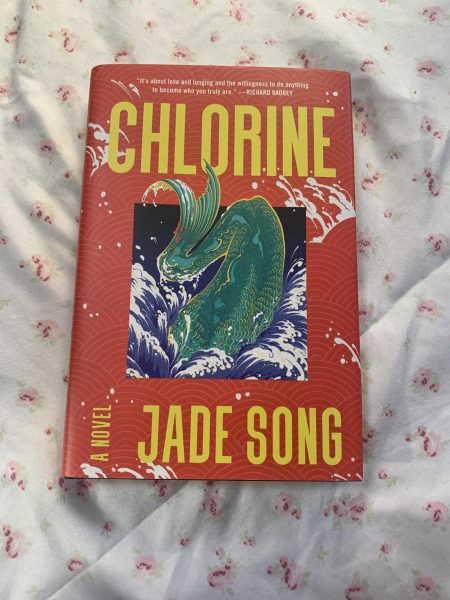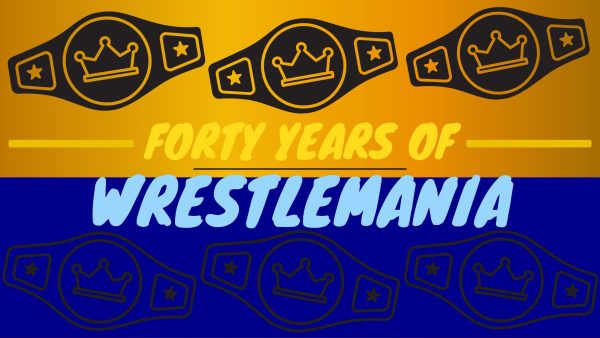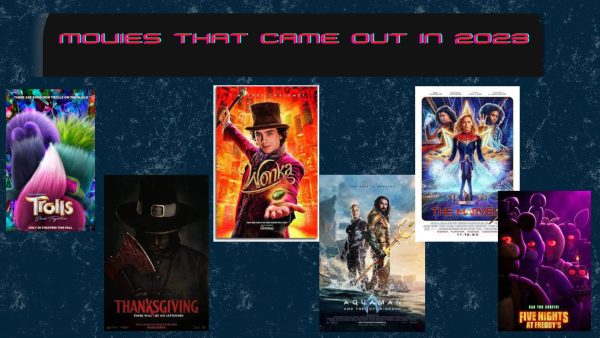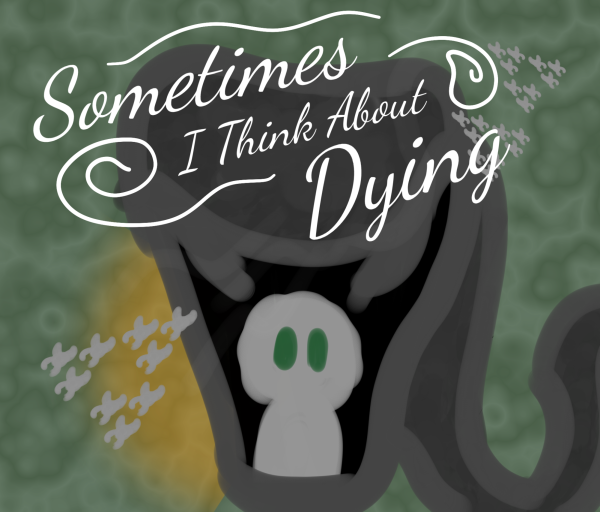Tall Girl 2: Pointless drama and tired tropes
With its confusing storyline and recycled plot points, Tall Girl 2 is the perfect movie to hate-watch.
Tall Girl 2: Netflix’s latest trash romance movie that hopefully won’t lead to a third installment. If you haven’t seen the first movie, I’ll save you the trouble. Basically, Jodi (Ava Michelle), our favorite privileged tall girl, gets bullied for her height before realizing that being tall is okay! She stops victimizing herself and lives happily ever after with her short boyfriend, Jack Dunkleman (Griffin Gluck).
I’d hoped that Netflix wouldn’t release another part of this horrid franchise, but why should I have expected anything better from them? The only reason I decided to watch this sequel was to trash it, and it did not disappoint. This movie is somehow even more pointless than the original, with her height no longer being the focus of the plot. They should have titled this movie “Insecure White Girl Dealing With High School.” It would be more relatable.
This time around, the plot centers on Jodi’s experience being the lead in the school musical as she gets a voice in her head telling her she can’t do anything, fueling her insecurities and lowering her self-esteem. She also deals with relationship problems and a second love interest, Tommy.
The storyline is mediocre and some of it doesn’t make sense. Jodi has been dealing with her height insecurity for several years, so how would she get that voice in her head only now? Wouldn’t she have always had that voice sabotaging her confidence? It seems like a plea for attention so viewers can empathize with her, and it doesn’t work: she continues to be just as unlikeable as in the first movie.
Jodi also shows major character flaws. She stands up Dunkleman during their anniversary dinner to rehearse for the musical, kisses the other love interest a day after she breaks up with her boyfriend, misses her friend’s birthday party, and doesn’t properly apologize for any of this. She only seems to think of herself and rarely puts others’ needs over her own. We always see others helping her, but she doesn’t help anyone. At least they try to kickstart some character development by helping her overcome her insecurities—the same lesson she learned in the last movie.
One of the most infuriating components of this movie is the love triangle trope. It’s your typical “breaks up with the boyfriend, likes the second guy, realizes she still likes the boyfriend” type movie, and it’s one of Netflix’s favorite tropes in the past few years. (Remember The Kissing Booth?) Having another love interest to add conflict is unnecessary: he isn’t fleshed out, and this conflict just has Dunkleman pathetically moping over Jodi the whole movie.
Honestly, I wanted Jodi to get with Tommy because I hate Dunkleman. Tommy is more charismatic, has more in common with Jodi, and seems more supportive. He’s the second love interest that you wish made it endgame but never does because the main character is too dumb to realize what’s good for her. Dunkleman pines after Jodi for so long that it’s pathetic that he hasn’t moved on yet. In the first movie, finding out that he was carrying a milk crate as a backpack to kiss Jodi at the same height was the moment I realized I hated him. The chemistry between the two felt off, too. I can barely picture them as friends, let alone romantic partners. Their dynamic is less “short boy, tall girl,” and more “desperate boy, victimizing girl.”
Netflix made so many poor writing choices with Tall Girl 2 by using these cliched tropes. Instead of trying to repurpose the cliche and use it in a new way, they fall back into a formula. Watching To All the Boys I’ve Loved Before and The Kissing Booth made me realize how much Netflix loves utilizing a second love interest. In TATBILB, Lara Jean dates Peter but finds herself liking John Ambrose. In The Kissing Booth, Elle dates Noah but starts liking Marco. In Tall Girl 2, Jodi dates Dunkleman but starts liking Tommy. In each of the movies, once that second love interest is introduced, jealousy and break-ups follow. Notice how similar each of the romance plots are?
Instead, Netflix should be subverting these tropes and embracing other forms of conflict to help characters grow. For example, the love triangle trope in Tall Girl 2 could be changed by having Jodi fall in love with Tommy because of how he treats her and helps her with her anxiety. But we never see the main character getting with the second love interest.
What would be even better than a love triangle would be having Jodi’s insecurities get in the way of her relationship. If the movie had taken this route, it could have explored how mental health can affect teen relationships. Either of these versions for the plot would flesh out Jodi and probably would have made me gain an ounce of respect for Netflix for trying something new.
In short, Tall Girl 2 is just bad tropes, poor characterization, and pointless drama, and I would like to thank Netflix for making this pointless movie that I can hate-watch. I’m not sure how they’ll be able to redeem themselves at this point, and I can’t wait to see them make another horrible movie without substance in the near future.
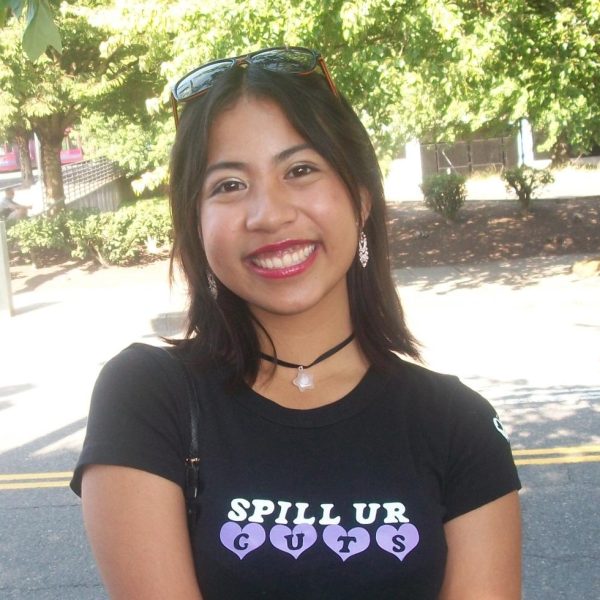
Narra is a senior at Beaverton High School who draws and writes articles.

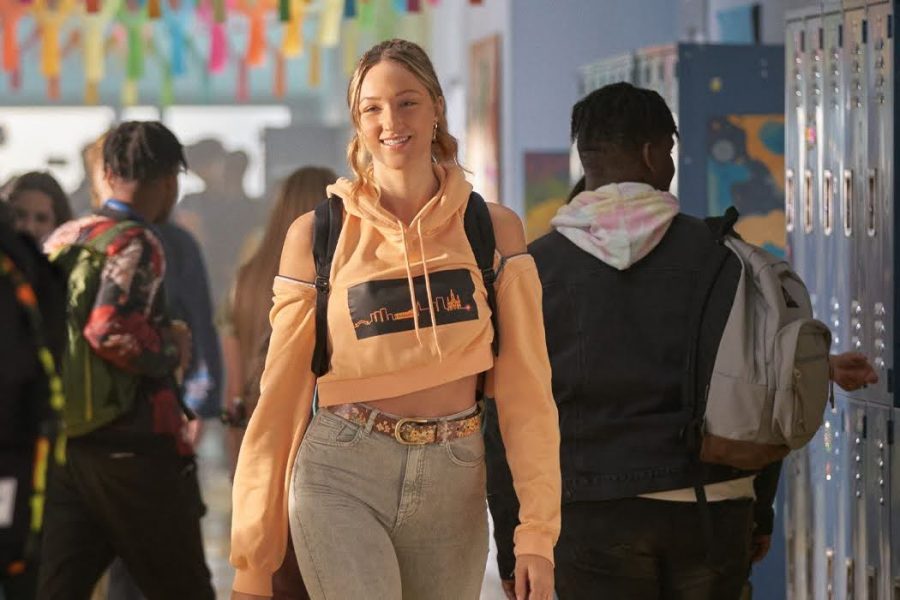
!["About The Weather" was released in 2023 as the first album by Portland emo band, Mauve. [About The Weather Album Cover]](https://beavertonhummer.com/wp-content/uploads/2024/05/AboutTheWeather.jpg)
